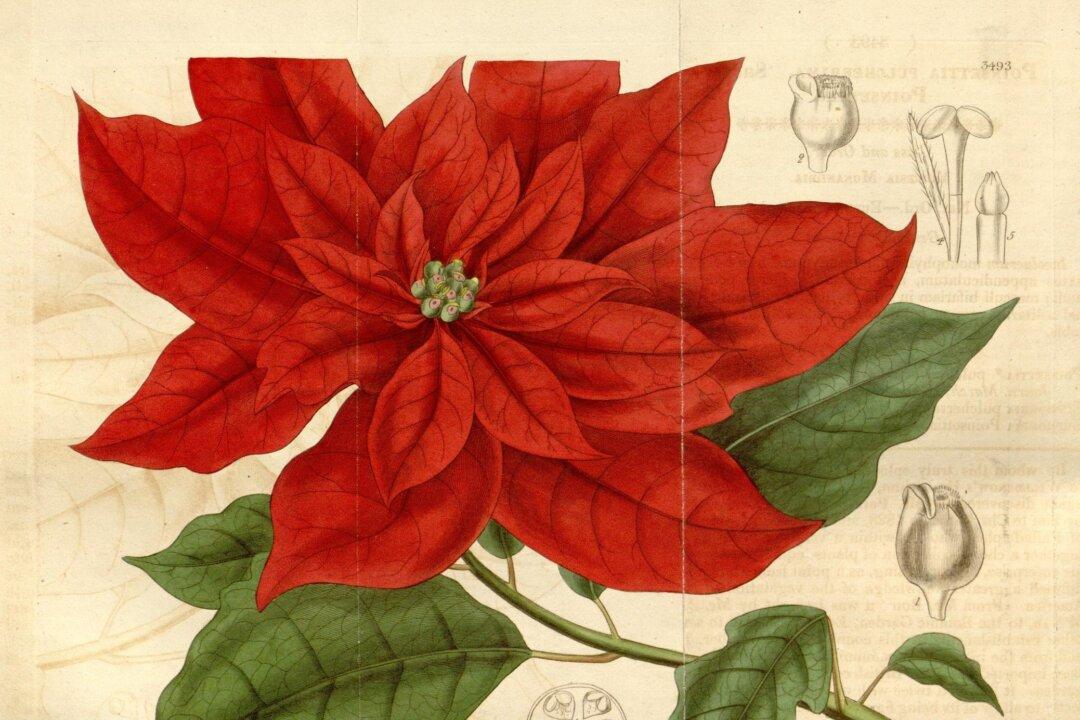When one travels, a keepsake from the visited state, region, or country is always appropriate. Joel Poinsett (1779–1851) did a lot of traveling, and by the time of his death he was considered one of America’s most traveled persons. His excursions began at an early age.
Born in Charleston as the son of a wealthy physician, he moved to, lived, and was educated in England until he was about 9. Returning to America for two years, he attended an academy run by Timothy Dwight in Connecticut, and then returned to England. He received private tutoring in Wandsworth, a district in South London, and excelled in foreign languages. Over the next few years his interests vacillated between medical school, the military, and legal studies.






